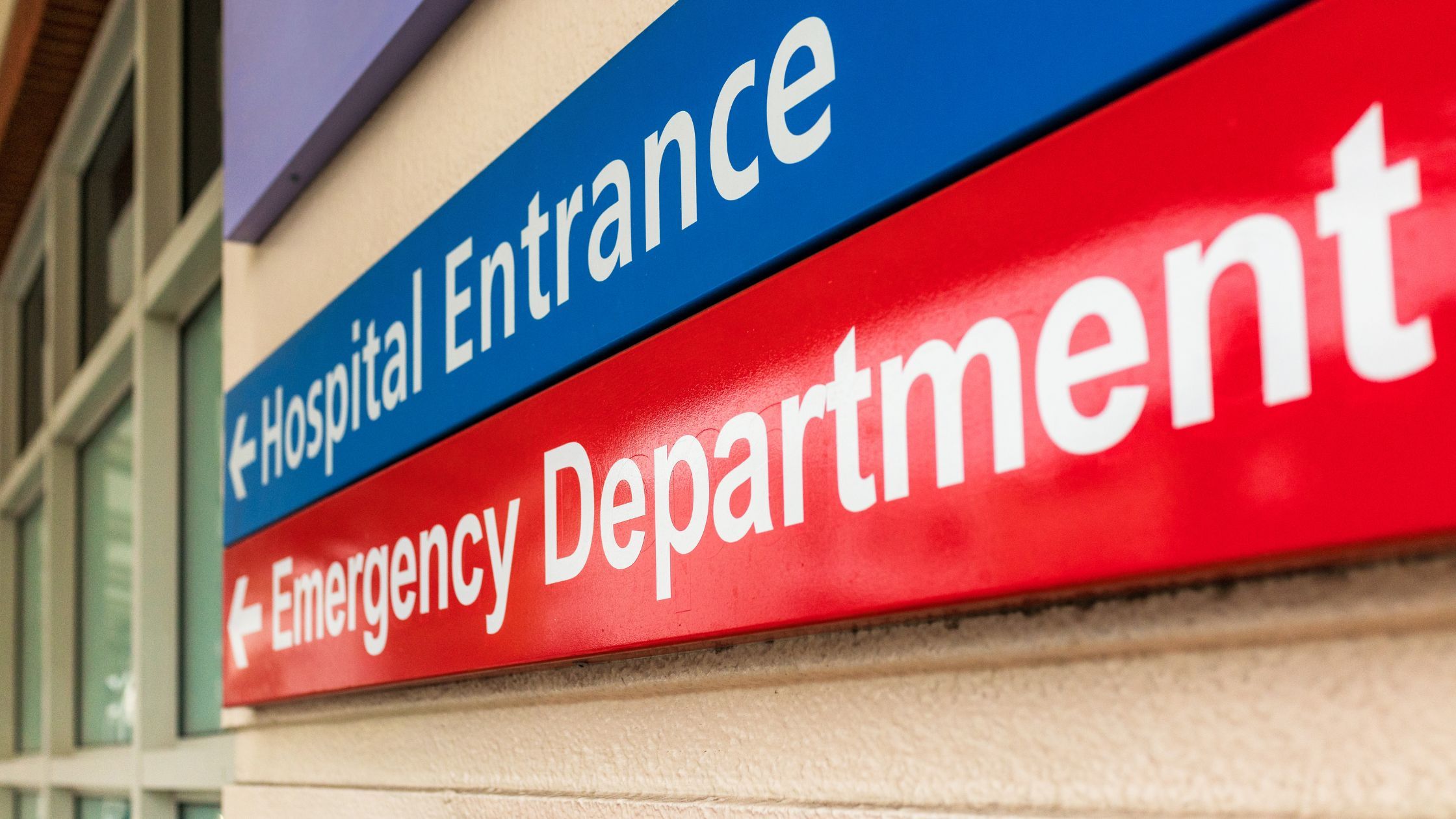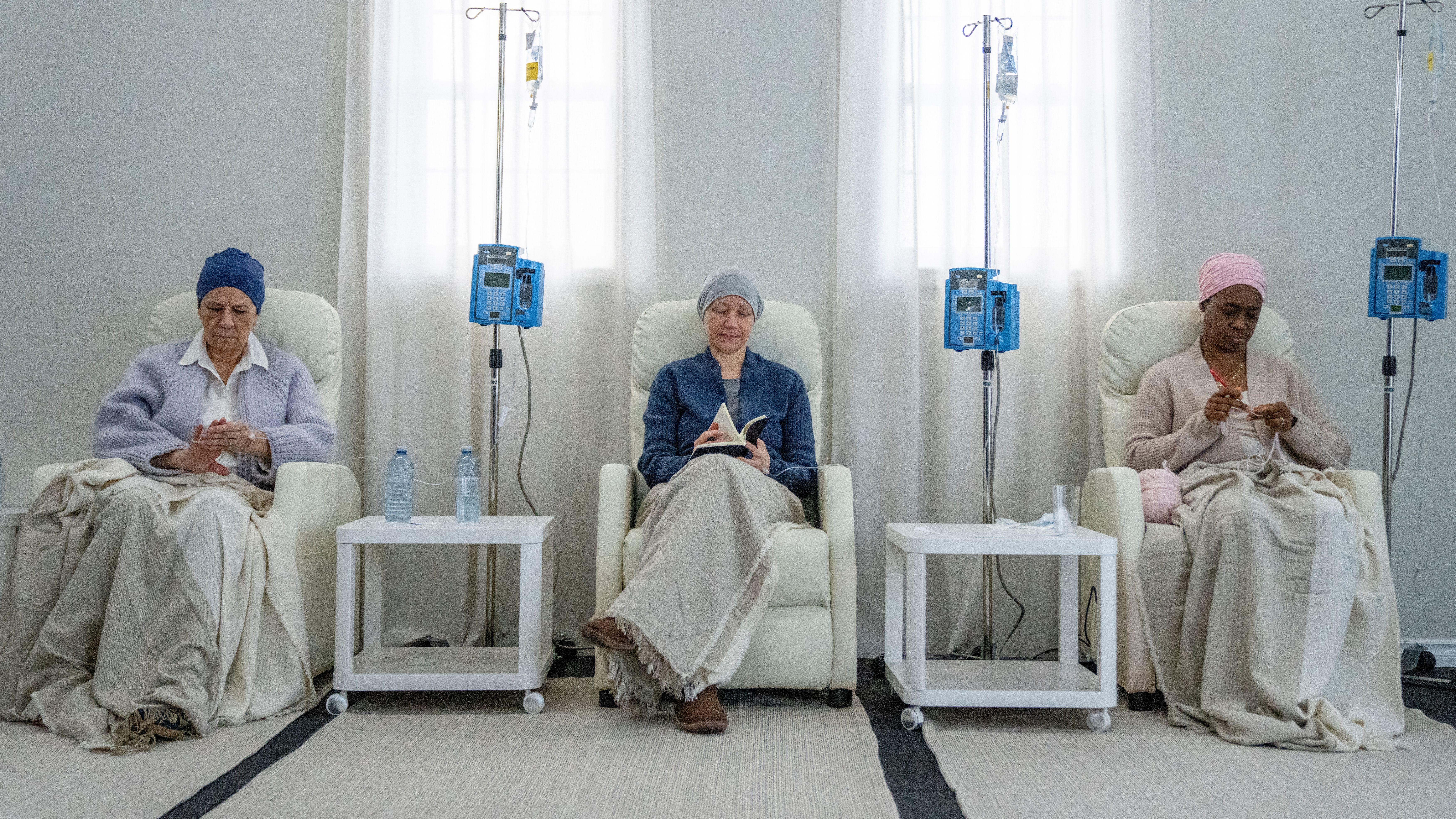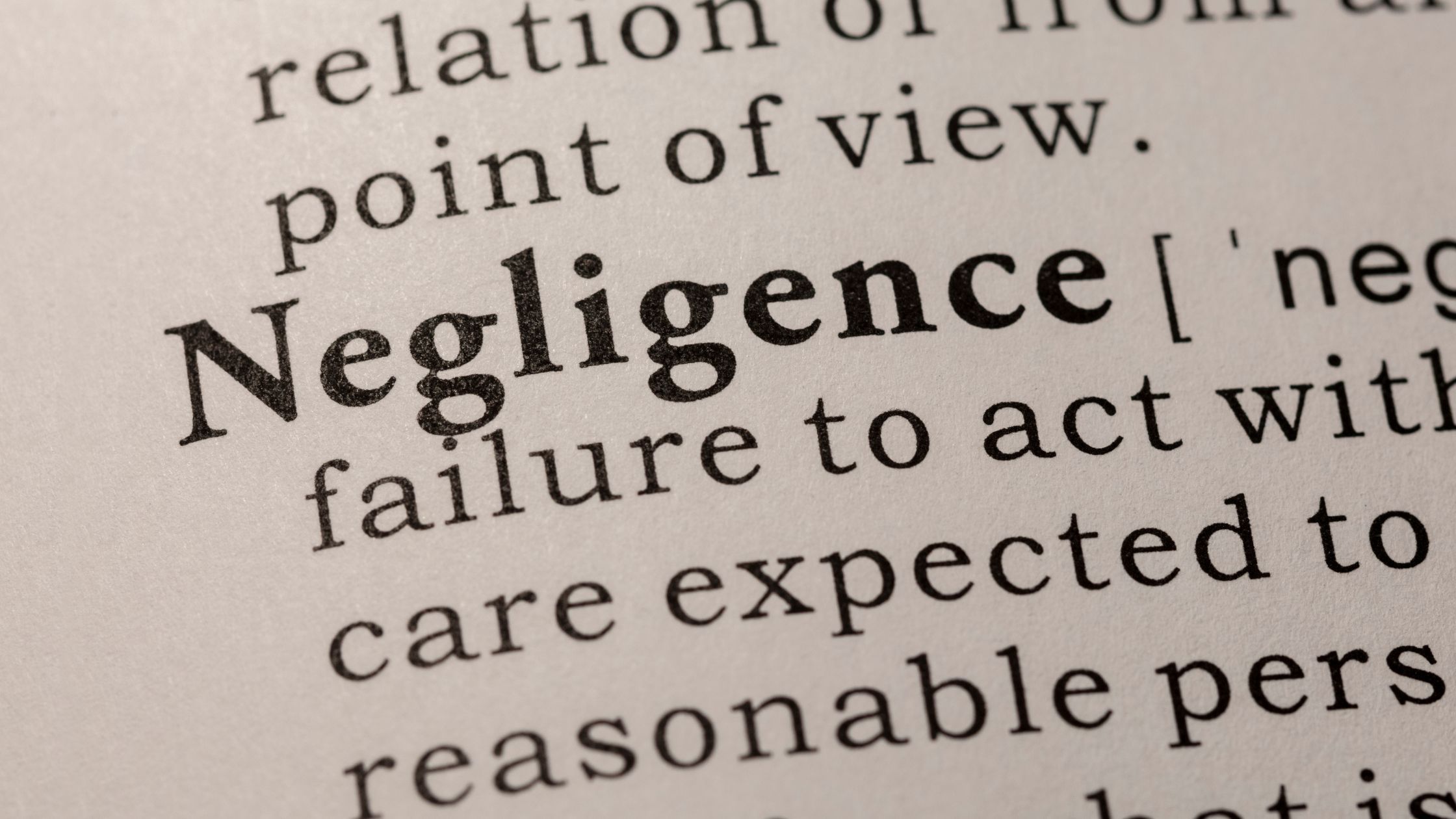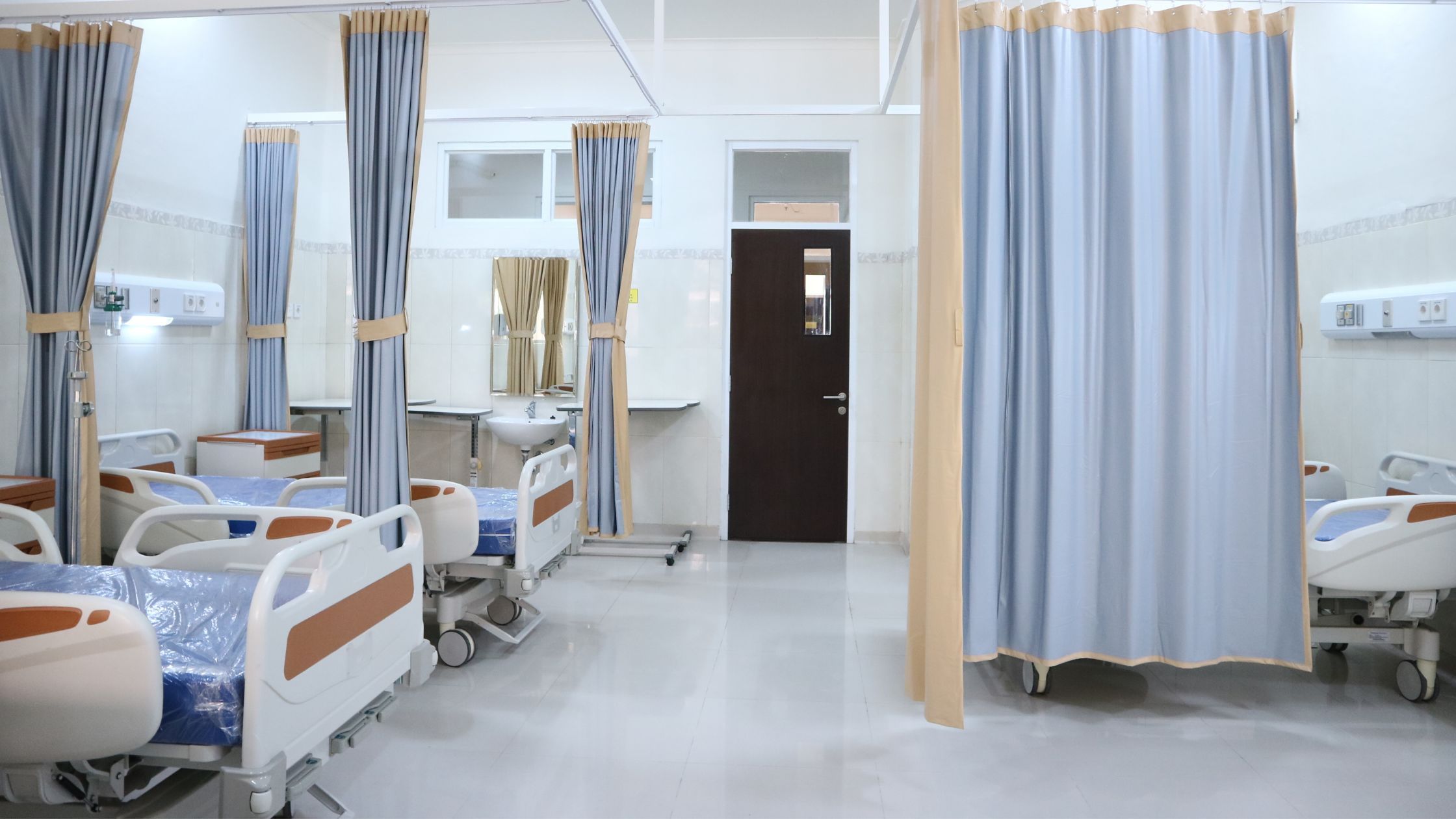Medical negligence can have devastating consequences, as tragically illustrated by the case of nine-year-old Dylan, who passed away due to septic shock caused by a perforated appendix. This blog delves into the heartbreaking details of Dylan's case, the legal implications of medical negligence, and the importance of upholding the duty of care in healthcare settings.
Initial Symptoms and Misdiagnosis
On 14th December 2022, Dylan, a young boy from Newport, was suffering from severe pain. Concerned, his parents took him to their GP, who immediately referred him to the Grange Hospital with suspected appendicitis. Despite exhibiting symptoms such as tenderness on his right-hand side—indicative of appendicitis—Dylan was discharged with a flu diagnosis and prescribed painkillers.
Communication Breakdown
The Gwent Coroner's Court heard that a communication breakdown between medical staff led to Dylan not receiving the necessary senior review. His medical folder was mistakenly removed from the section designated for patients requiring a senior review, leading to a missed opportunity for a correct diagnosis.
Worsening Condition and Re-admittance
Dylan's condition deteriorated as his untreated appendicitis worsened. His family sought further medical advice, and he was readmitted to the Grange Hospital. By then, Dylan was extremely unwell and was transferred to the University Hospital of Wales for specialist care.
The Consequences of Medical Negligence
Critical Condition and Surgery
Upon arrival at the University Hospital of Wales, Dylan was placed in the resuscitation room, showing signs of septic shock affecting all his organs. Urgent surgery revealed a perforated appendix with widespread infection. Despite the medical team's efforts, the damage was too extensive, and Dylan's death was deemed inevitable.
Legal Implications: Breach of Duty of Care
The coroner’s court does not assign blame, but the facts indicate a clear breach of duty of care. The miscommunication and failure to provide the necessary senior review resulted in a missed diagnosis and untreated appendicitis, leading to fatal consequences.
Understanding Medical Negligence and Duty of Care
What is Medical Negligence?
Medical negligence occurs when healthcare professionals fail to provide the standard of care expected, resulting in harm to the patient. This includes misdiagnosis, delayed treatment, and failure to follow up on critical symptoms.
Duty of Care in Healthcare
Healthcare providers have a legal and ethical obligation to ensure the safety and well-being of their patients. This duty of care involves thorough examinations, accurate diagnoses, and timely treatment. A breach of this duty, as seen in Dylan's case, can lead to severe injury or death.
Legal Rights for Victims and Their Families
Seeking Justice
Families affected by medical negligence have the right to seek justice and compensation for their loss. Legal action can help hold healthcare providers accountable and prevent similar incidents from occurring in the future.
Importance of Legal Representation
Navigating medical negligence claims can be complex. Expert legal representation is crucial to ensure that victims and their families receive the support and compensation they deserve. Hennah Haywood Law is committed to providing accessible legal services and has extensive experience in handling medical negligence cases.
Conclusion
Dylan's tragic story underscores the critical importance of maintaining a high standard of care in healthcare settings. Such mistakes are unacceptable and highlight the need for accountability and improvement in medical practices. If you or a loved one has suffered due to medical negligence, it is vital to seek expert legal advice to protect your rights and pursue justice.
If you need expert legal advice on clinical negligence or other personal injury claims, please contact us at Hennah Haywood Law. We are here to support you every step of the way.






























